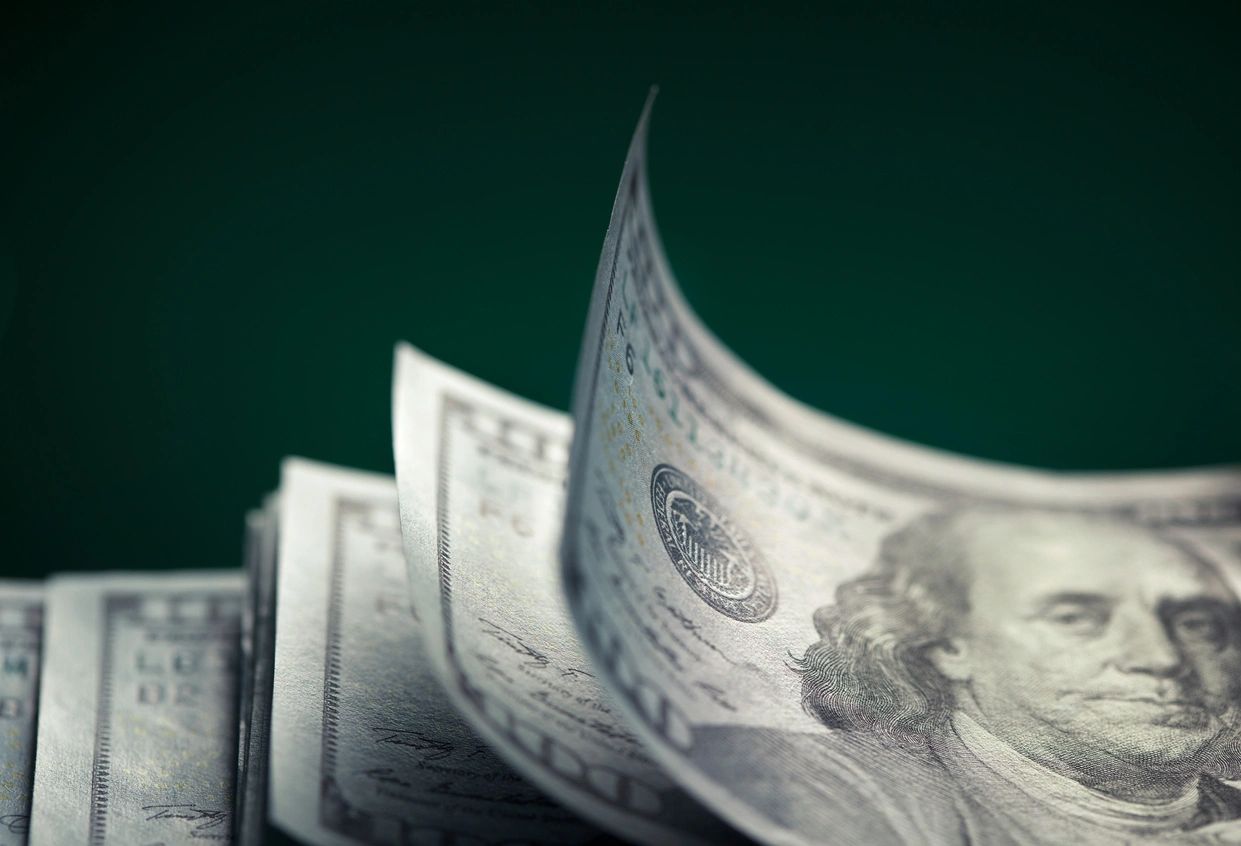In today’s unpredictable world, financial stability hinges on preparedness. An emergency fund serves as a financial safety net, offering peace of mind and security when unexpected expenses arise. Understanding its significance and knowing how to build one can safeguard your financial well-being.
What is an Emergency Fund?
An emergency fund is a dedicated savings reserve set aside to cover unforeseen expenses or financial emergencies. It acts as a buffer against unexpected job loss, medical bills, car repairs, or any urgent financial need that may arise suddenly.
Why is an Emergency Fund Important?
The importance of an emergency fund cannot be overstated. It provides immediate liquidity without resorting to high-interest debt or disrupting long-term financial goals. This fund ensures you can weather financial storms without derailing your financial stability or plans.
How to Build an Emergency Fund
Building an emergency fund requires strategic planning and disciplined saving habits:
- Set Realistic Goals: Start by setting achievable savings targets based on your monthly expenses and income.
- Automate Savings: Automate regular transfers from your checking account to a designated savings account to build your fund consistently.
- Cut Unnecessary Expenses: Identify and reduce discretionary spending to allocate more towards your emergency fund.
- Increase Income Streams: Consider supplemental income sources like freelancing or part-time work to accelerate savings growth.
Tips for Maintaining Your Emergency Fund
Once established, maintaining your emergency fund ensures it remains robust and readily accessible:
- Regular Review: Periodically review and adjust your savings goals based on changes in expenses or income.
- Avoid Temptations: Resist the urge to dip into your emergency fund for non-essential purchases or vacations.
- Emergency Fund Insurance: Consider adding liquidity options like a high-yield savings account or money market fund for higher returns without sacrificing accessibility.
Summary
In essence, an emergency fund is not merely a financial tool but a cornerstone of personal fiscal responsibility. By understanding its role and following disciplined saving strategies, individuals can fortify their financial security against life’s uncertainties. Start building your emergency fund today to safeguard your future and achieve lasting peace of mind.
Please like, comment, and share this article if you found it helpful and
informative.
Visit https://bigtownbulletin.com if you would like to see more of this content.
Please like, comment, and share this article if you found it helpful and
informative.
For more news check out Big Town Bulletin News
For more from Big Town Bulletin check out Big Town Bulletin


